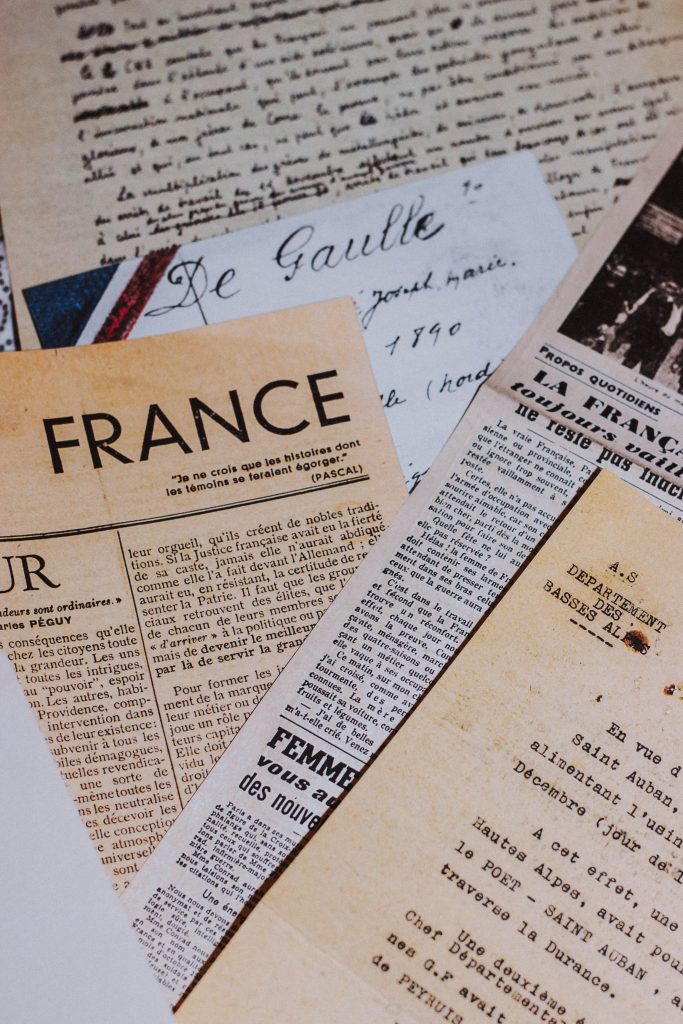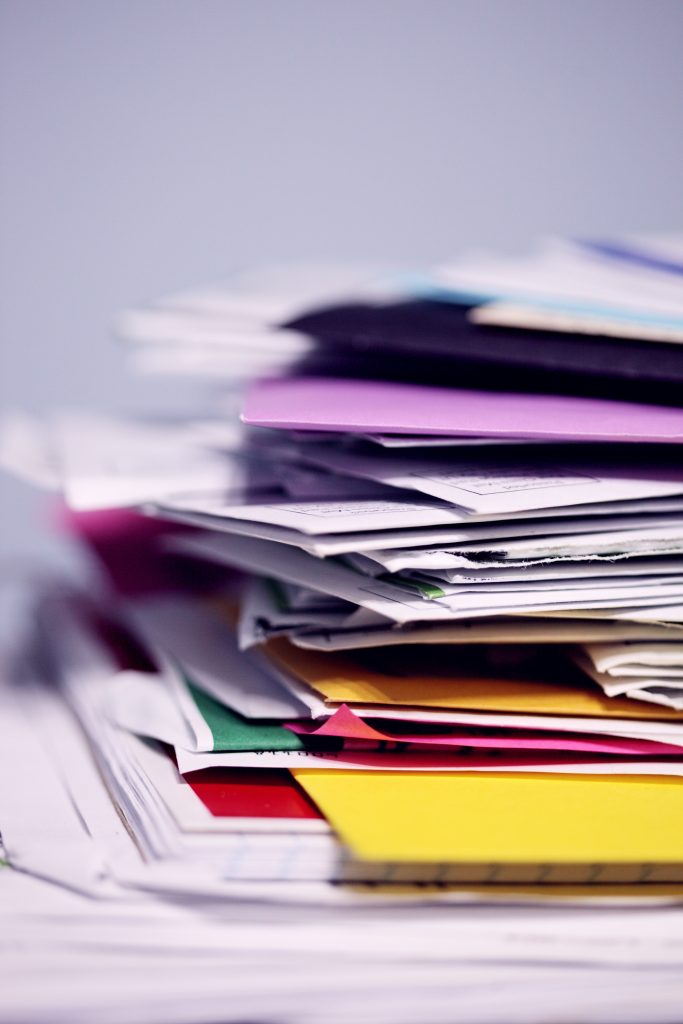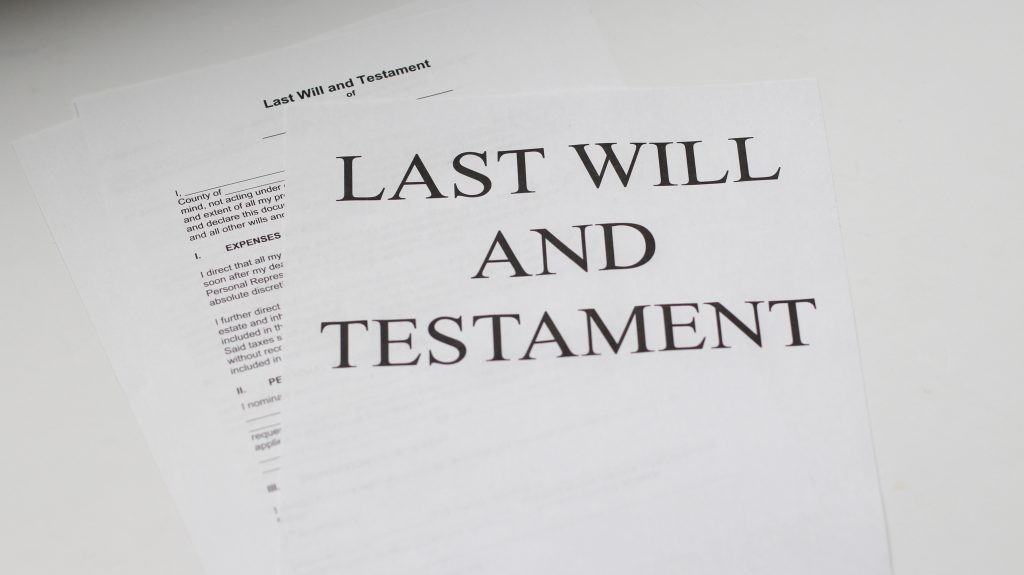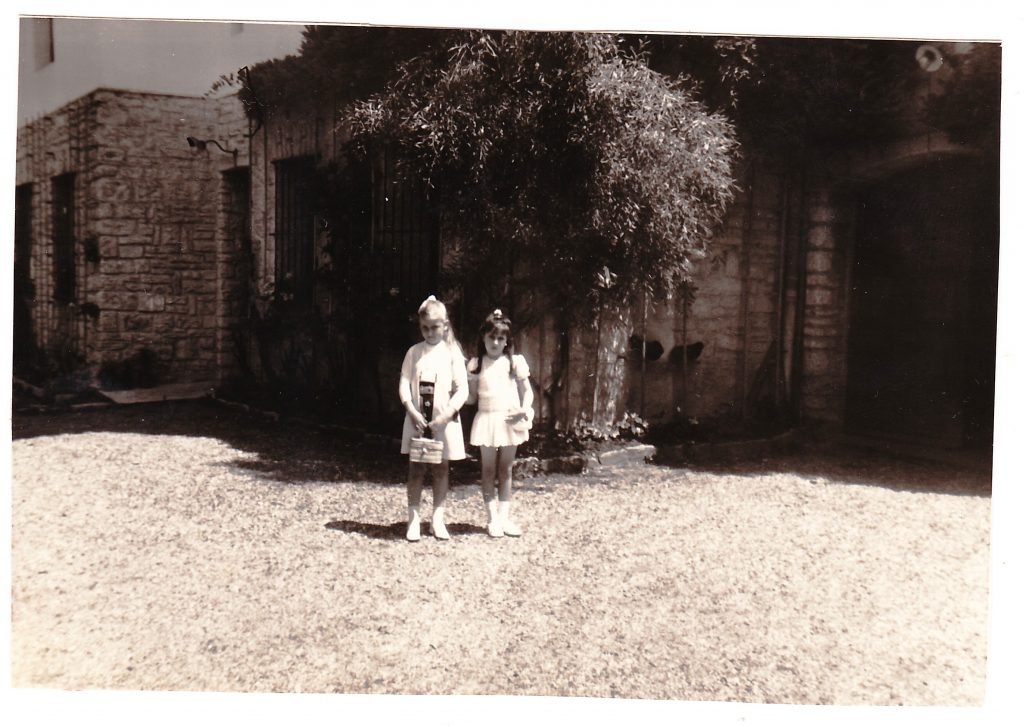Part 1

As recounted in a previous article , losing a parent for those of us living overseas carries some extra challenges. During my own ordeal I learnt some hard lessons that I wanted to share.
This first step is about laying the foundations for information safekeeping and sharing before anything happens. This is not about the emotional turmoil and dilemmas you might be facing. In our case, our father was diagnosed with terminal cancer without any previous warnings; we were not prepared; we had to scramble. I was faced with the decision of staying with him in France or going back to my life in Australia, I chose to stay with him. The process does not end when someone passes away either, as another starts. For that it was a few more months before I could return to Australia.

The first step is to start collecting information and documents and keeping them in a central location as early as possible. For that, we leveraged technology. Getting started before anything happens to your parent will free up precious time and resources at a time when they’re most needed. This is even more so critical if you have siblings or live at distance. This of course assumes that like my sister and I, you have total trust and are open to share information.

From a technology perspective we needed to securely store documents as well as be able to access them at anytime, from anywhere and with any device.
We also discovered that internet speed in our hometown in South West France was abysmal. We only had ADSL at home and poor cell tower coverage outside the main towns. It was at time very frustrating. So being able to have offline access was critical.
So here is what I recommend:
- Cloud base storage to keep copies of important
documents. We used GoogleDrive, but there is DropBox, OneDrive and others; store:
- Birth/death certificates
- Livret de famille (France)
- Photocopies of passports, ID cards (certified)
- Power of attorney
- Insurance policies
- Vehicles registration papers
- Property titles
- DNR or other instructions (if there are any)
- Medical certificates
- Medical records
- Doctors death certificate with cause of death (required by insurances)
- Photos
- Including photos of jewellery, paintings, furniture
- Pictures of documents taken with phone
- Personal Banking info (IBANs, RIBs)
- Proof of residency less than 3 months old (you will
need this for Tax purposes, opening bank accounts etc)
- Water, gas/electricity bill, phone, rent
- Tax File Number/TIN (USA) and other documentation required for FATCA
- Scan/upload important documents and old mail, so you can access at any times from anywhere
- Scan all relevant/important incoming new correspondence
- Save all outgoing correspondence, including emails
- Gmail account to be share between siblings (for all electronic correspondence with banks, insurances, notary etc). We use Labels to reflect the Cloud storage structure


- OneNote, to share research, web links, daily to do lists, notes taken on the run, drafts etc
- Get online access and go digital as much as
possible for:
- Banking
- Taxes
- Insurances
- Agencies such as Medicare and pensions
- Password Manager (eg LastPass, 1Password)
- For your own use and your parent(s)
- Local cell phone/SIM Card to have a local number and data access (it might be easier to have one added to your Parent existing account if overseas, more on this in future article)
- A Skype subscription and credits and even getting a Skype (VOIP) number or similar. This allows you to get calls redirected to you overseas at a lower cost and send SMS.
- Excel to start keeping tracks of bank accounts,
loans, investments, expenses
- In France, the first stage of a succession is for the Notary to collate the deceased assets vs. liabilities. Having already done this gave us a head start.
- Keep a spreadsheet of who is spending/paying for what (this is important between siblings too)
- Create Word templates for emails and letters with your contact details as well as the Notary/Will executor contact details. Being consistent in communications is important. We came to realise that we were not a fluent in French as we were in English!
- Keep a good size USB key on your key-ring; you never know when you might need to copy something (remember to virus scan!)
In my next post I will look into the facts finding or discovery that you can do remotely, long before anything goes wrong. In the meantime, feel free to drop me a line or comment below. By no means is the above meant to be an exhaustive list, and everyone’s case is unique. I hope it can guide you to being better prepared.

Disclaimer: I do not provide any kind of legal or financial advice. You should seek counsel from professionals on those matters to ensure it suits your situation. The advice provided is purely based on personal opinion and experience.

